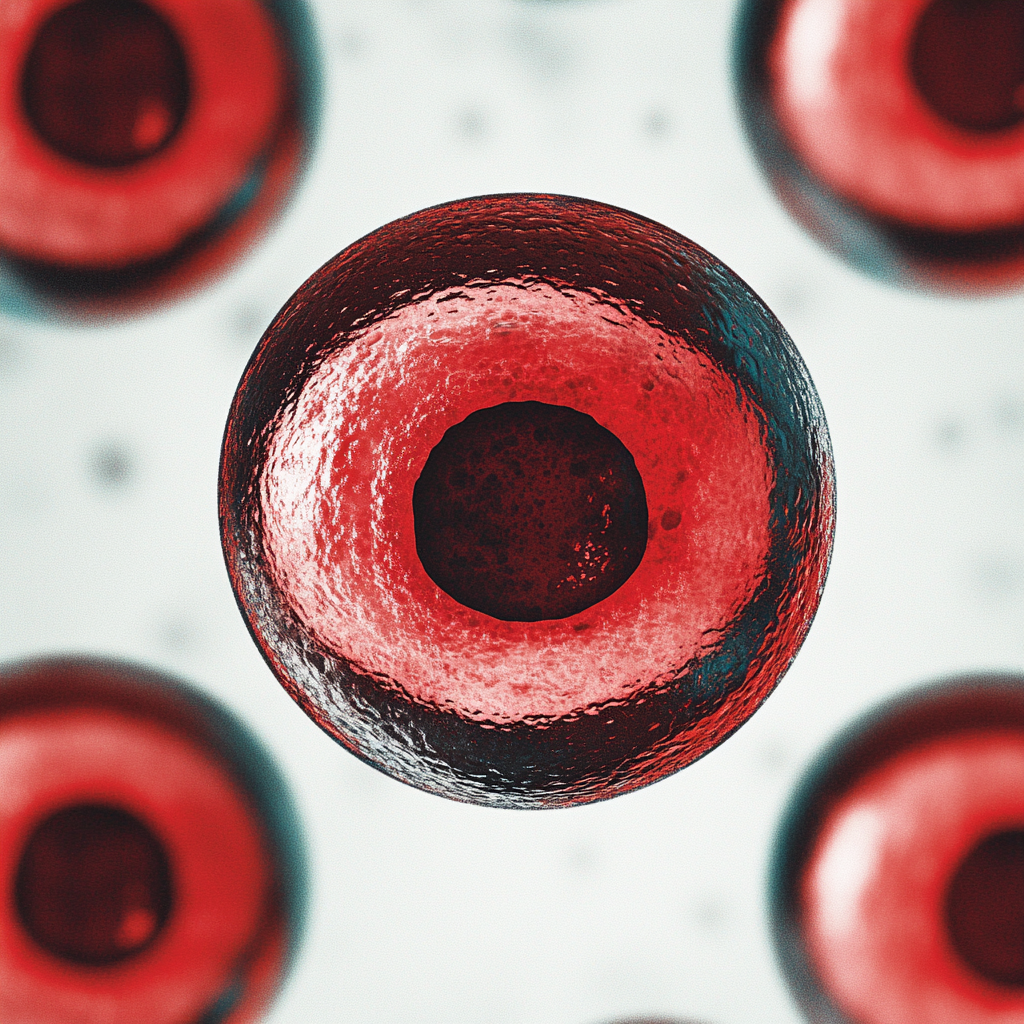BMC Oral Health. 2025 Nov 11;25(1):1772. doi: 10.1186/s12903-025-07133-5.
ABSTRACT
BACKGROUND: Behavioral therapy using electromyography-based biofeedback (BIO) and botulinum toxin type A (BTA) injections are potential treatments for managing awake bruxism (AB) in patients with temporomandibular disorders (TMD). The aim of this study was to compare the effectiveness of BIO and BTA in reducing AB behaviors, pain intensity, and psychosocial distress in individuals with TMD.
METHODS: This single-center, single-blind, parallel-group randomized clinical trial enrolled 40 adults with TMD diagnosed with AB. AB was assessed using the Oral Behavior Checklist (OBC) and smartphone-based Ecological Momentary Assessment (EMA). Participants presenting an AB frequency of ≥ 60% were randomly allocated to receive BIO or BTA intervention. Pain intensity was measured by the Characteristic Pain Intensity (CPI) score, and psychosocial status was evaluated using the Patient Health Questionnaires (PHQ-9, PHQ-15) and the Generalized Anxiety Disorder questionnaire (GAD-7). Assessments were conducted at baseline, and at 1-, 3-, and 6-month follow-ups. Statistical analyses included Mann-Whitney U for AB behaviors, Wilcoxon Signed Rank test for within-group comparisons, and the Kruskal-Wallis test followed by the Dwass-Steel-Critchlow-Fligner post hoc test for between-group comparisons.
RESULTS: Intra-group comparisons showed a significant reduction in BIO group for sustained teeth contact (BIO: p = 0.004) and EMA-assessed AB global behavior (BIO: p = 0.008). No significant improvements were found in BTA group for the same variables in all follow-ups (p > 0.05). However, no significant differences were found between groups in all follow-ups for OBC and EMA scores (p > 0.05). Similarly, there were no significant differences between groups for CPI (p = 0.39) or psychosocial outcomes (p > 0.05).
CONCLUSION: Even though neither intervention improved pain nor psychosocial outcomes, BIO significantly reduced AB behaviors, indicating that BIO may be preferable for controlling AB behaviors in TMD patients.
TRIAL REGISTRATION: Brazilian Registry of Clinical Trials (ReBEC), RBR-62cftbp. Registered on January 9, 2024.
PMID:41219710 | DOI:10.1186/s12903-025-07133-5
